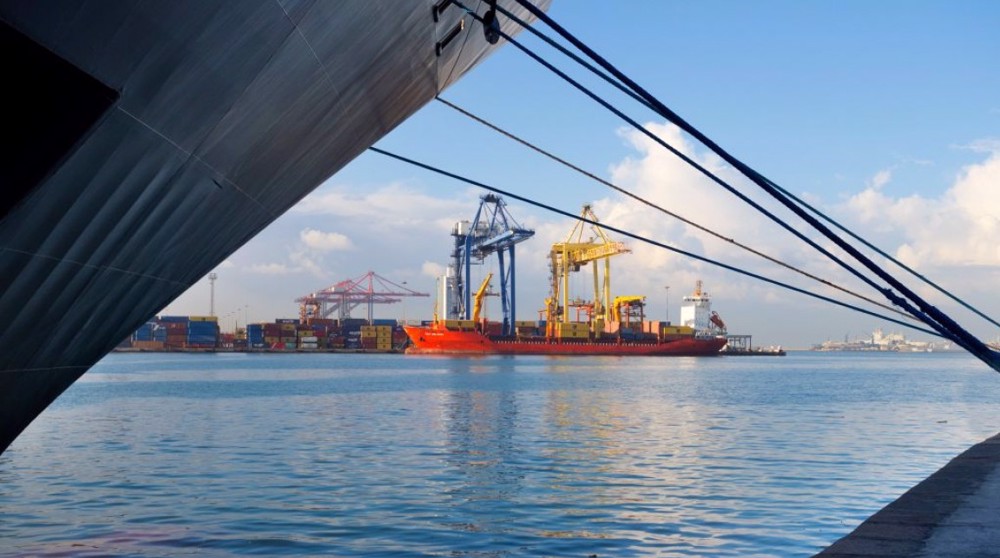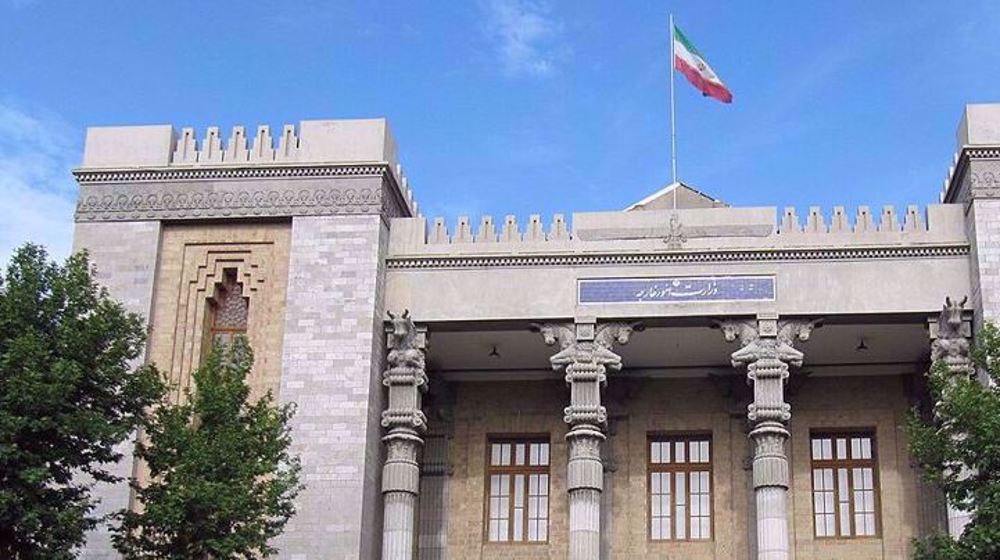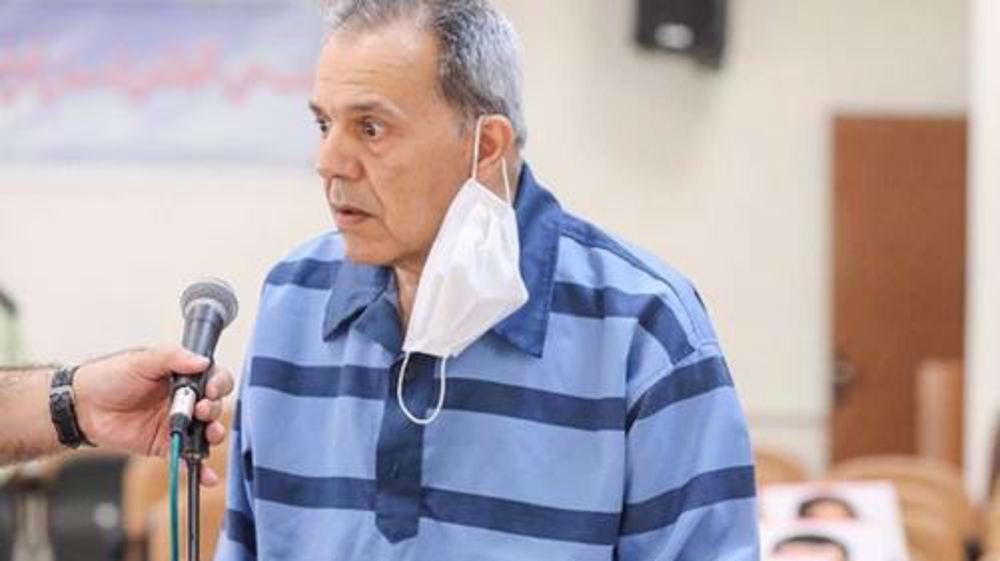German election: Merkel, Schulz face off on TV
With only three weeks before Germany’s federal election, conservative Chancellor Angela Merkel and her center-left rival Martin Schulz, who heads the Social Democratic Party (SPD), have faced off in a heated televised debate.
During the Sunday live debate in Berlin, the two candidates outlined their plans on key foreign policy and socio-economic issues, with their discussions revolving around refugee policy, security, terrorism and deteriorating relations with NATO ally Turkey.
Schulz took aim at Merkel’s open-door policy in dealing with the refugees arriving in Germany from conflict zones.
He slammed the leader of the Christian Democratic Union Party (CDU) for failing to coordinate plans with other EU neighbors in 2015 and deciding unilaterally to allow some one million refugees into the country.
Schulz advocated the deportation of those who are “criminals” or come to Germany hoping to carry out “terror attacks.”
Merkel, however, defended her response to the 2015 refugee crisis and said, “In the life of a chancellor, there comes a time when you have to make a quick decision.”
The German leader touched on the plight of hundreds of thousands of refugees, who had been blocked at the Hungarian border, saying she “had no hope that (Hungarian Prime Minister) Viktor Orban would change his mind” over his tough stance against refugees.
Strained ties with Turkey
The two leaders discussed the increasingly strained relations with Ankara, which has been at loggerheads with Berlin over a host of issues since the 2016 failed coup against the government of Turkish President Recep Tayyip Erdogan.
In a policy shift, Merkel said she would seek an end to EU membership talks with Turkey, in comments that are likely to trigger a fresh wave of diplomatic tensions with Ankara.
“It is clear that Turkey should not become a member of the European Union,” Merkel said. “I don’t see the admission of Turkey to the European Union and I have never saw it, as the Social Democrats still had another position on it.”
The chancellor said she would hold talks with other EU leaders to see if “we can end these membership talks,” adding that Berlin would not seek a diplomatic break with Turkey, but would consider “real restrictions on economic contact” with Ankara.

Schulz, a former president of the European Union’s legislative body, however, adopted a tougher line, and said, “A point has been reached where we need to end the economic relationship, the financial relationship, the customs union and the accession talks.”
After Schulz called for a complete end to “the discussions with the European Union on the admission of Turkey,” Merkel responded, “The act of reaching peace at any price is the last thing we need dealing with someone as Erdogan. I absolutely agree with that. But when one wants to free citizens that are in prison there, one needs to stay in discussion.”
Berlin has been critical of its Ankara’s post-coup crackdown and the arrest of German citizens, while Turkey accuses the European country of harboring anti-Erdogan “terrorist” organizations.
Earlier this year, Erdogan on several occasions compared Merkel and other German officials to “Nazis” after Berlin prevented pro-Erdogan rallies ahead of Turkey’s April constitutional referendum.
Recently, Erdogan angered the German government by calling on the Turkish community in the country not to vote for Merkel and her coalition allies in the September 24 vote.
Merkel powers ahead
According to the polls during and after the debate, Merkel, however, emerged as the clear winner of the 90-minuted clash with Schultz, who had previously complained the chancellor was lulling voters to sleep with her refusal to engage in a combative debate.

Schulz had been looking to the showdown to deal a blow to the 17-percent lead of Merkel’s CDU Party and their Bavarian Christian Social Union (CSU) allies ahead of the September 24 polls.
According to the first poll, which was carried out halfway through the debate, 44% of viewers found Merkel more convincing than Schulz, whom only 32% found convincing.
“Merkel came out as sure, Schulz was hardly able to land a punch. The candidate is an honorable man. But being honorable alone won’t make one chancellor,” wrote Sueddeutsche daily commentator Heribert Prantl.
The incumbent chancellor has led Europe’s biggest economy for more than 11 years and recent polls have shown her allies as the clear front-runners for the upcoming election.
Iranian diaspora in EU, UK deplore ban on national airline
VIDEO | Press TV's News Headlines
Israel’s military struggling with shortage of troops: Report
Iran calls for more efforts to establish peace in Gaza, Lebanon
Israel targets journalists in southern Lebanon to mask atrocities
Trump vs Harris: A choice between two deranged war hawks who cheer genocide in Gaza
Over 1,800 Palestinians killed in Israel’s month-long attacks in northern Gaza
UN official urges Egypt to seize Israel-bound arms ship MV Kathrin










 This makes it easy to access the Press TV website
This makes it easy to access the Press TV website